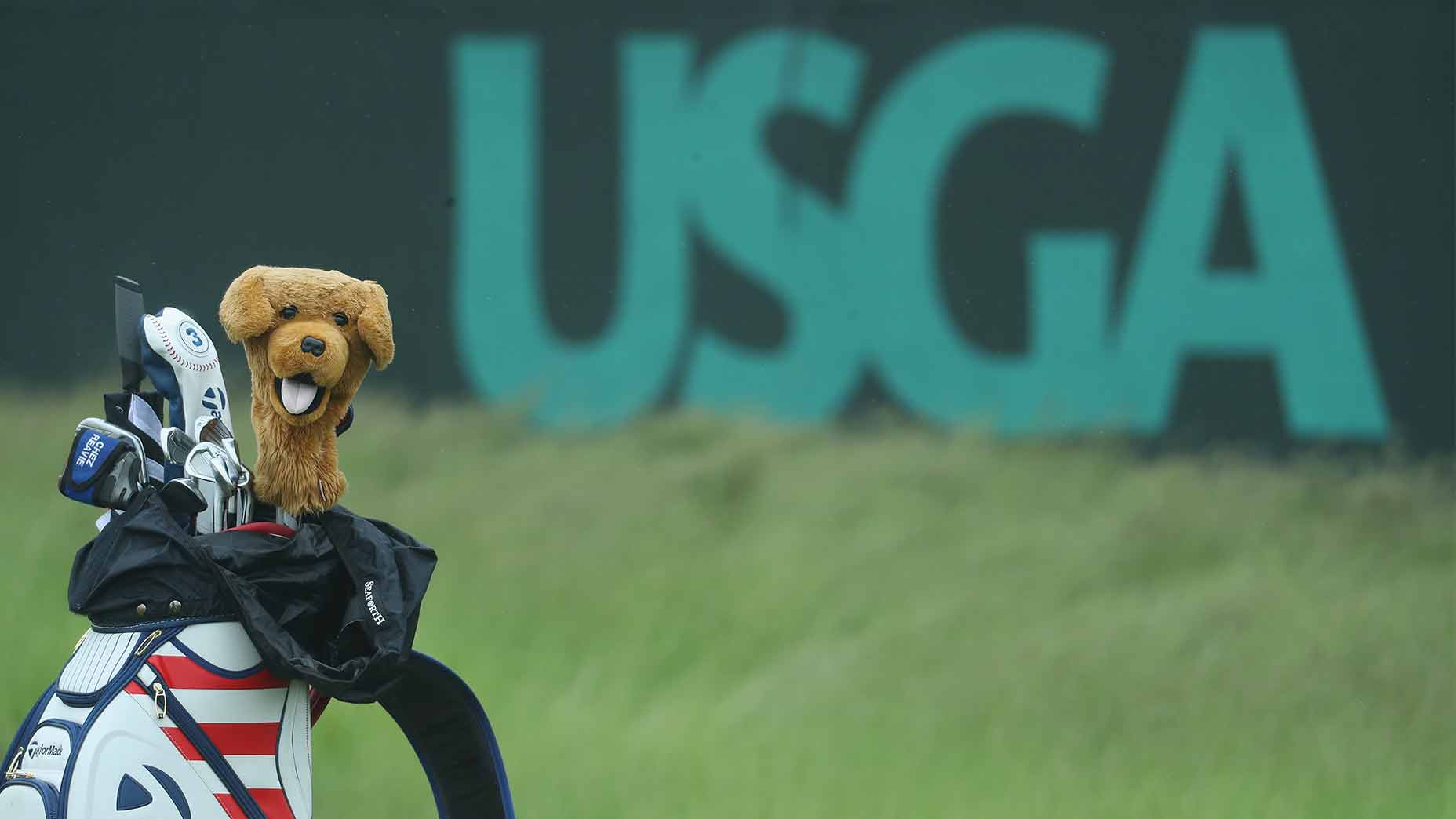Scott Langley has a simple message for pro golfers. It runs two words in length.
“Call me,” he says after a long pause and before a laugh. “Really, I think that covers it.”
There is a lot more Langley, the USGA’s new head of men’s player relations, can say. About his new role, which puts him as a liaison between players and the governing body responsible for golf’s U.S. national championships. About his new employer, the USGA, the same organization that once awarded him low amateur honors at the U.S. Open. About the man he’s replacing, the hugely popular Jason Gore. And don’t forget about the state of golf, which has suddenly put Langley in the uncomfortable role of Switzerland between the warring factions of golf’s two tours.
In short, it is a strange time for Langley to enter one of the USGA’s most pivotal jobs. A time filled with questions the governing body will soon have to answer about the future of the game (to say nothing of crucial rulings on club and ball technology that are expected in the coming years); questions that Langley himself will soon face from players at every stage of the game.
So the former PGA Tour pro is preparing for his first major post-golf job by getting ahead of himself with a message: his phone line is officially open.
“I think the focus of my role as it relates to players is communicating to them, ‘Hey, your governing body is listening to what you think, and it’s important that you think. We want to hear your thoughts on on various matters that will come up,'” Langley said. “That’s really a priority for me.”
Langley steps into the role vacated by Gore, the influential former pro whose time at the USGA earned high marks among players both publicly and privately. Gore left the USGA over the summer for a similar job at the PGA Tour, which was reeling from player losses to LIV Golf, but helped consult the governing body on Langley’s hiring.
“The most important thing that Jason shared with me was just to be a great listener. To truly listen,” Langley says. “To always lead with that. I think that’s really my aim.”
Like Gore before him, Langley comes to the USGA via his own professional golf career. He competed on the PGA and Korn Ferry Tours for the better part of a decade before his retirement in early 2022 — an experience that produced only one Korn Ferry Tour victory but included stints on the PGA and Korn Ferry Tour advisory boards and a brief run as chairman of the KFT advisory board.
“For better or worse, I pretty much experienced everything short of winning a PGA Tour event or a major,” Langley says. “I pretty much got the full experience of the ups and downs of walking in those players’ shoes. So just being able to relate to their experience, for the most part, I think is extremely valuable.”
In addition to serving as the USGA’s principal point of contact with its men’s competitors, Langley will also assist on the the governing body’s course setup team and help oversee the launch of the national development program. Heather Daly-Donofrio, who joined the USGA in May after a dozen years with the LPGA, will head up the player relations department and the national development program.
In the new role, Langley will face an early challenge in the form of LIV Golf, which still awaits word from the USGA about whether its players will be granted entrance into the U.S. Open. (On Tuesday afternoon, the Masters said it would not bar LIV Golfers from participating in the event.) That very likely won’t be the last time the upstart league will find its way into the heart of Langley’s day-to-day, particularly as the golf world continues to untangle the debate surrounding the league’s inclusion in the Official World Golf Ranking.
As for how he plans to approach those issues, Langley says there’s not much to know. It’s his job to deliver the news to players, just as it’s his job to deliver the feedback to the USGA, whatever each of those parties brings.
“If there’s one thing that I hope players walk away from me with feeling, it’s ‘Wow, Scott really cares what I think and he was really listening to me,'” Langley said. “‘He didn’t necessarily have an agenda or or a predisposition or a preconceived idea of what he wanted me to say. He really just cared about what I genuinely felt.'”
Such is life as one of golf’s most important middle-men — a job that’s only growing more high-profile with time.
“It’s really important for the health of the game that the governing body relates well to its constituent groups,” Langley says. “I’m not jumping to any hasty conclusions in saying that professional golfers are experiencing a louder and louder voice as time goes on.”
